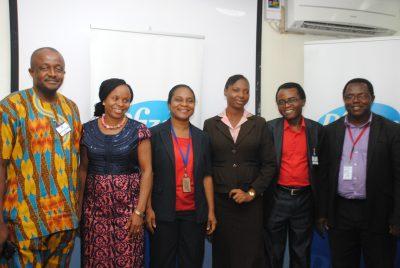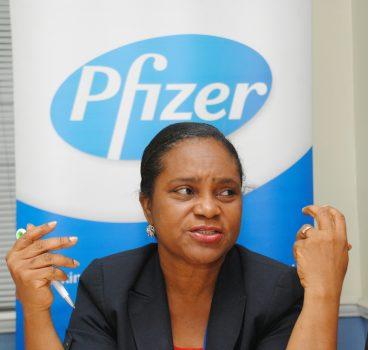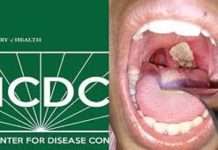“Health is like money, we never have a true idea of its value until we lose it.” ~Josh Billings
That health is wealth is a truism, which many people seem to take for granted until they experience the many discomforts that come with ill-health. Perhaps, this general apathy towards health-related issues wouldn’t have been so worrisome if the community of professional healthcare writers who are supposed to be at the forefront of the campaign for health-consciousness themselves do not appear to have caught the bug.
A glaring proof of this can be found in the kind of discussions that dominate social media platforms, newspapers and magazines today, as well as the amount of attention this generates. If one, for instance, compares the amount of traffic generated by websites and blogs devoted to entertainment, gossip, fashion etc to those related to health, the disparity is unmistakably huge. The fact that health is a priceless asset is apparently not a sufficient reason to give it all the attention it deserves.
The question is, whose obligation is it to make health information appealing to the masses? Are there particular attitudes, as well as styles and forms of writing that health writers need to adopt? Is it possible for Nigerian health journalists to compete favourably with their counterparts across the globe? These and many more formed the fulcrum of the recent Pfizer Media Parley themed: “Good Healthcare Reporting”.

Opening the platform for discussion, the Director, Corporate Affairs, Pfizer Nigeria and East Africa Region, Mrs Margaret Olele, expressed the motive for organizing the confab, saying that having observed the trend of health reportage in the country for a while, she observed that there is the need for journalists on the health beat to up their skills, for health news to penetrate all nooks and crannies.
Olele, who expressed concerns about the future of young and enthusiastic health writers, noted that in spite of the several challenges facing the media professionals today, there is light at the end of the tunnel for those of them who have the vision and passion it takes to thrive in the industry.
First on the list of the recommended virtues for media men to embrace is originality. Olele explained how writing stories on new areas and in different dimension can earn health journalists great awards and international recognitions.”Granted that survival is tough, it is imperative for them to look beyond the present and think of the future of their profession”, she said.

In his own remarks, the Health Editor, Vanguard Newspapers, Mr Sola Ogundipe, narrated his experience with young journalists on the beat, who are desperate about making their first millions as quick as possible, saying some of them are not willing to stoop to conquer, rather, they are willing to throw professionalism overboard for a CRV.
The well-traveled health editor mentioned the need for health writers to improve on their capacity, by knowing their strengths and weaknesses, and if possible go for higher study and training, stating this will boost their career a great deal.
Ogundipe, a beneficiary of many international grants, advised the writers to be different and radical in their style of reporting, which he said could earn them fellowship and grants in Africa and across the globe.
The Online Editor, Pharmanews Ltd, Temitope Obayendo, identified the major setback to good health reporting as low remuneration, saying this has subjected many a health correspondent to seeking only survival strategies rather than improving on their professionalism.
The net-savvy health writer, who advised her colleagues on the possibilities of expanding their knowledge on science by devoting quality time to learning about new findings and terminologies on science related issues, stressed that this can boost their health reportorial skill a lot.
The Health Editor, Guardian Newspapers, Mr Chukwuma Muanya also suggested the need for journalists to have a plan B, which they can always fall back to when the chips are down. “Although there is massive loss of job everywhere, but when writers have plan B1, B2, it will give them the confidence to do their job without fear or favour,” he said.
Entrepreneurial skill and business acumen are notable skills that would also do the media men a lot of good, if they can develop interest in these areas, the Health Editor, Sun Newspapers, Mr Azoma Chikwe asserted.
The Sun Editor, who highlighted recent arbitrary practices of media employers, said journalists would no longer be victimized, once they have added other skills to their writing talents, going forward will not be an herculean task.
Rounding off the deliberations, Olele appreciated the media friends of Pfizer, for their partnership throughout the year 2016, urging them to go back to their desks to restrategise for the best form of health reporting to take the health of Nigerians to the next level.
“People lack information in Nigeria, there is so much to be written about, but nobody is doing anything on it. The fact that you are in the healthcare industry does not limit your creativity, turn on your passion on what you do, maximize online opportunities for the progress of your profession”, she charged them










